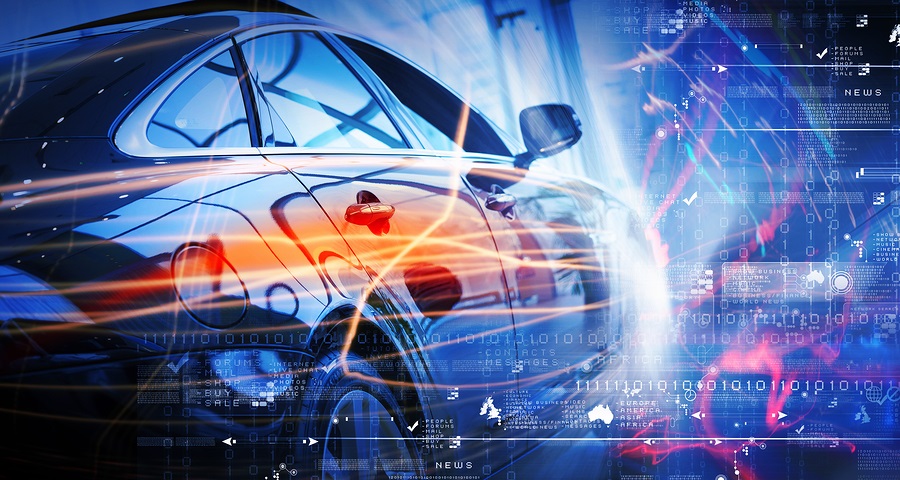Automotive Innovation Is Being Driven Forward Through Big Data
Vehicles provide one of the most exciting opportunities for data collection. Industry strategists writing for Forbes highlight how the biggest carmakers can have up to 10 million vehicles worth of data, and bigger numbers again in individuals, waiting to be used. Just as big data is gathered from these vehicles, so too does it drive forward innovation and the trends with which carmakers are moving. This is being evidenced in the push towards electric automation, shown most recently in the announcement of the Ford F150.
Design with data
This data helped to drive design for Ford. In an interview with the Verge, Ford CEO Jim Farley noted how their consumer base liked their cars, and where the focus should go in design – for instance, increasing storage space without increasing cost. Important to this is the meta-data collected by big data processes that give insights into unspoken priorities from customers. This sort of data is essential to help the design process and ensure that all vehicles, from small cars to trucks, appear in buyer guides of the top vehicles; critics will assess features against market trends.
Predicting consumer trends
Big data increasingly pulls in data from social media – in fact, social data now forms one of the biggest datasets available to manufacturers. Deloitte highlights this as a major challenge and opportunity for automotive industry innovation in the coming years, and for good reason. Proper analysis of digital trends shows automotive firms where trends are moving, and where their demographic may be looking to move next; having technology floated before it ever becomes a demand is a way to stay ahead of the curve. And it’s not just new vehicles that are being shaped by trend predictions. The second hand car market is influenced just as much by in-depth analysis of stats on sales, pricing trends, levels of demand and more. So visiting a used car dealership in Houston will expose buyers to the benefits of behind-the-scenes big data, just as much as checking out a new vehicle showroom.
Forming the new normal
The EV movement within the automotive sector has the backing of the federal administration, and is set to be influential in the long term. Big data on electric uptake and EV usage is informing the automotive industry, according to USA Today, on where to place the soon-to-be 500,000-strong electric charging network. GM, Honda and Volvo are among those carmakers look to entirely phase out the combustion engine within 20 years; the planning and trend analysis provided by data into this charging network will be of critical importance.
Big data informs trends, and for the automotive industry, that’s incredibly important. Having up-to-date and assured information helps to form the basis for trend-based innovation. With the EV revolution, the most data-savvy carmakers will benefit.
























